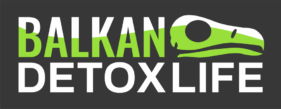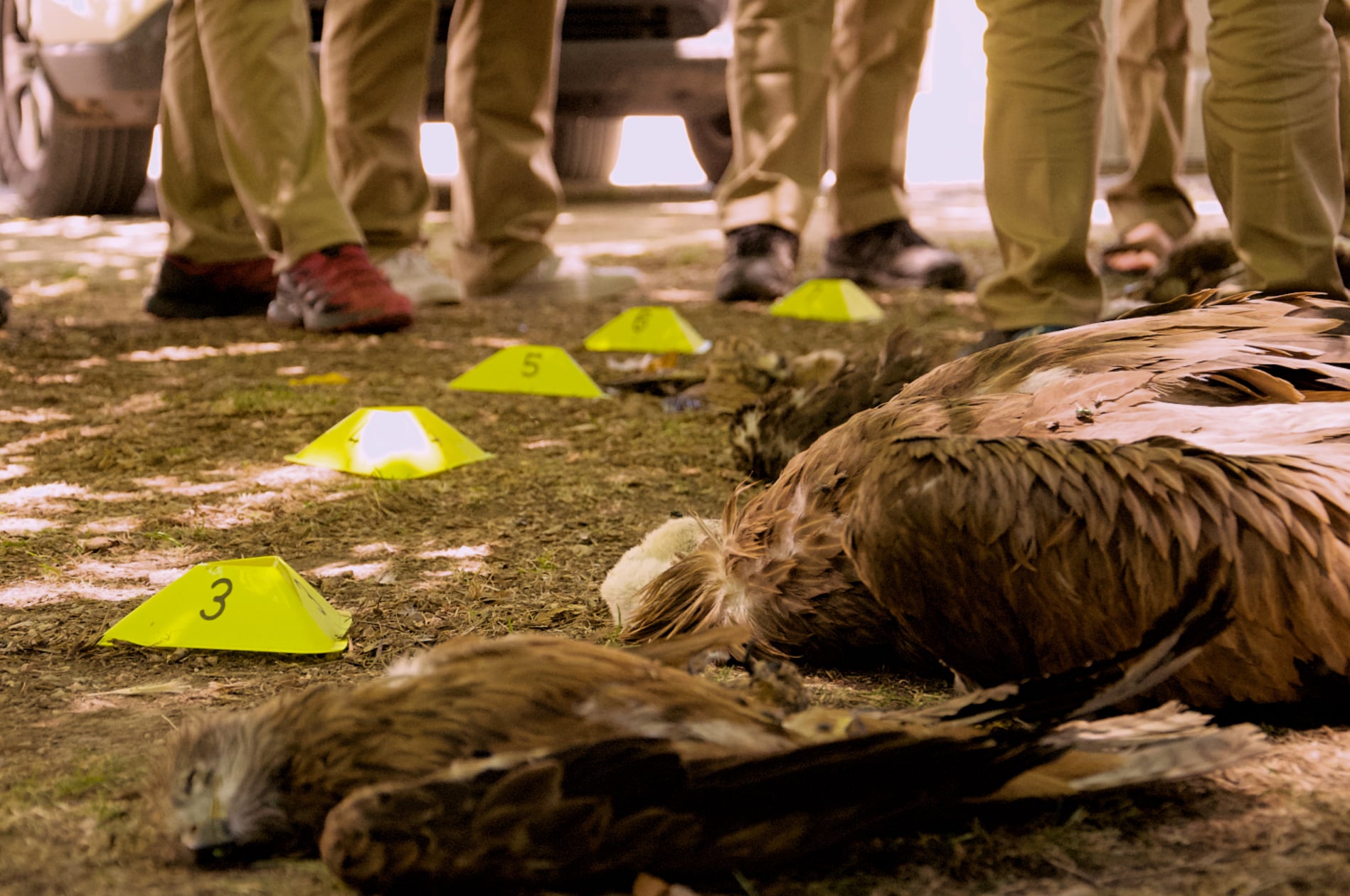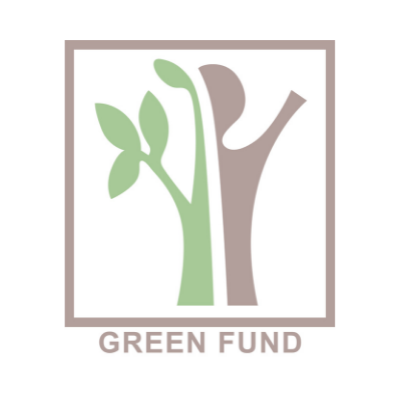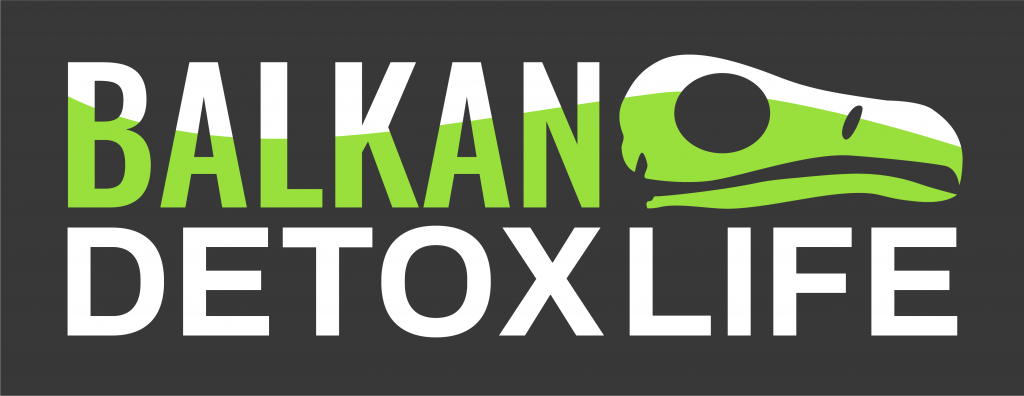In the one year since the launch BalkanDetox LIFE, the project partners have achieved a lot in terms of strengthening national capacities to fight wildlife poisoning and raise awareness about the problem across seven Balkan countries. In this blog post, we review the progress and key achievements of the project so far.
Cooperation with relevant governmental authorities
A key objective of BalkanDetox LIFE is to establish a national anti-poisoning working group (NAWG) in the remaining Balkan countries that didn’t form one yet. NAWGs help ensure governmental engagement and support in tackling wildlife poisoning. In these groups, representatives from relevant national governmental authorities and conservation NGOs work together on defining the gaps and ways to improve existing legislative and operational procedures relevant to this threat. Bosnia and Herzegovina has now officially established a national anti-poisoning working group. Additionally, the Republic of North Macedonia and Albania made progress with their own NAWGs, which are now pending official confirmation from the relevant Ministries.
Furthermore, the development of standard operational protocols for investigation, forensic wildlife necropsy and toxicology are underway, using official protocols in use by the relevant agencies of the Junta de Andalucía as best practice models. This advancement is crucial in effectively investigating and managing poisoning cases.
National anti-poisoning road maps
National anti-poisoning road maps are strategic frameworks for implementing actions against wildlife poisoning produced by all relevant national stakeholders.
- Albania: Road map finalised, submitted to the relevant ministries and pending approval to be included as part of the National Biodiversity Strategy
- Bosnia and Herzegovina: Road map finalised by the Working Group, searching for the best course of action for adopting.
- Croatia: National road map finalised by the Working Group, pending to be included as part of the Griffon Vulture National Action Plan when adopted
- Greece: Local action plans adopted, National action plan prepared, now proposed by the ministry for adoption
- Republic of North Macedonia: National anti-poisoning road maps finalised and approved by the Working Group, submitted to the Ministry of Environments and Physical Planning and pending to be signed by the Minister
- Serbia: National road map drafted, pending to be finalised by the Working Group
Capacity building of relevant governmental authorities
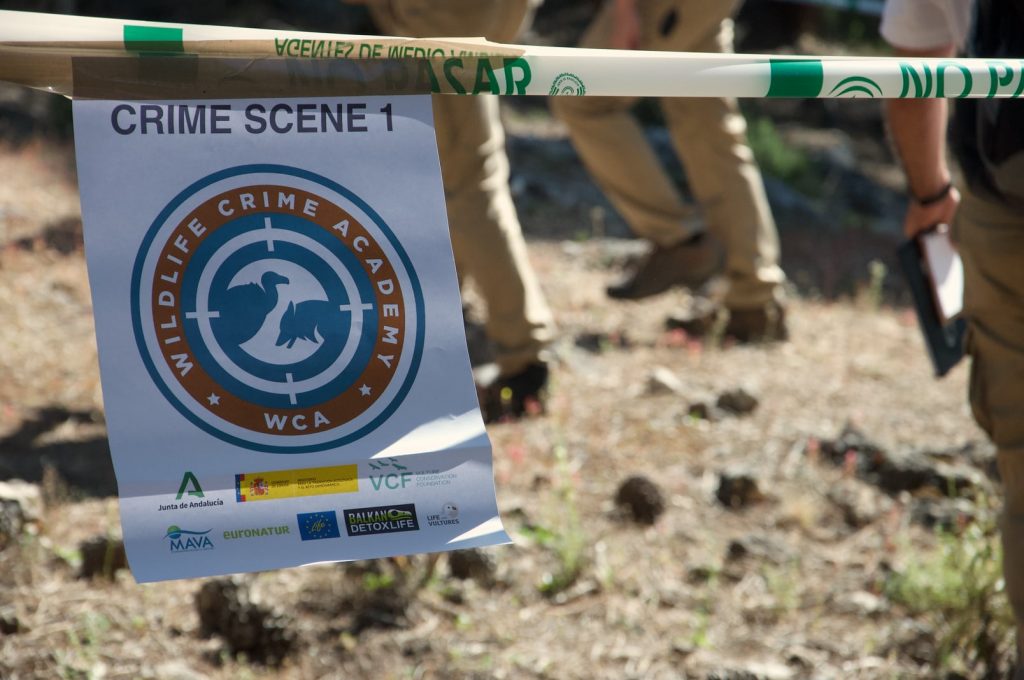
The Spanish Government, the Junta de Andalucía and the Vulture Conservation Foundation (VCF) implemented the first-ever Wildlife Crime Academy in Spain within the scope of the BalkanDetox LIFE project this year. This event marked a milestone — not only did it take place during a global pandemic, but it’s also the first training of its kind achieving real engagement and providing the necessary skills to relevant stakeholders in effectively fighting wildlife crime in their respective countries. Several professionals working in conservation, law enforcement and forensic science joined the training from Albania, Bosnia-Herzegovina, Bulgaria, Croatia, Cyprus, Greece, the Republic of North Macedonia, Serbia and Spain The Basic (First Level 1 Training) course took place in June/July 2021 in Cazorla, Spain, where participants learned how to investigate wildlife crime, from Crime Scene Investigation (CSI) and forensic analysis to the final procedure at the Court. The Advanced (First Level 2 Training) course was conducted in November 2021 in Huelva, Spain, and equipped participants to improve forensic and police investigation on poisoning incidents.
Keeping a watchful eye for wildlife poisoning incidents
It is urgent to closely monitor poisoning incidents, both in terms of understanding the scale and scope of this threat but also to help investigate and manage these cases to achieve convictions and justice for animals.
The project team recorded two confirmed poisoning incidents (Golden jackal – Carbofuran, Imperial Eagle – lead poisoning) and 47 presumable poisoning incidents involving wildlife until October 2021.
Furthermore, the project team equipped 20 Griffon Vultures with GPS transmitters to be used as sentinels for poisoning. The regional platform for monitoring these tagged birds was set up and all tagged birds were uploaded to the Ornitela control panel.
Raising awareness about the problem of poisoning
Project partners implemented several educational workshops and programmes in their chosen local communities (poisoning hotspots) to raise awareness among key target audiences like hunters and farmers, among many others. During these efforts, most of the partners also distributed questionnaires to evaluate the perception about the practice of the intentional use of poison for eradicating ‘undesirable’ wildlife and other animals.
The project team also regularly shares news and updates through various communication channels we encourage you to follow, including the project website and Facebook page.
